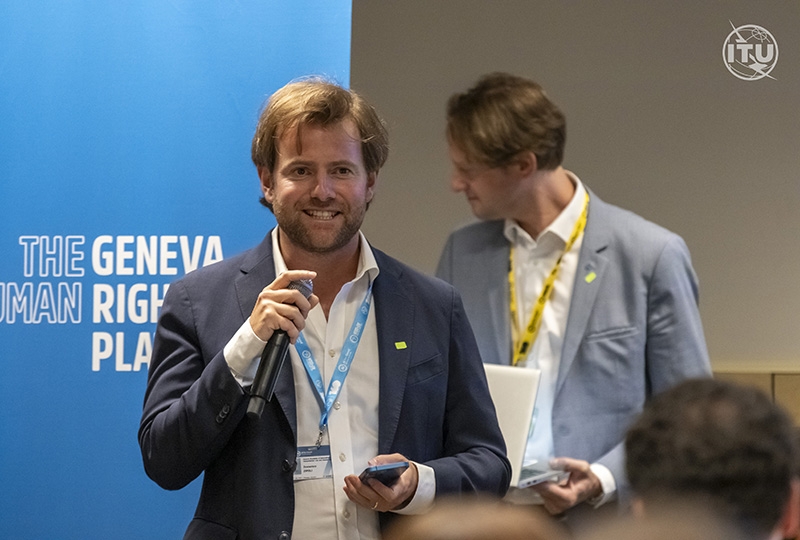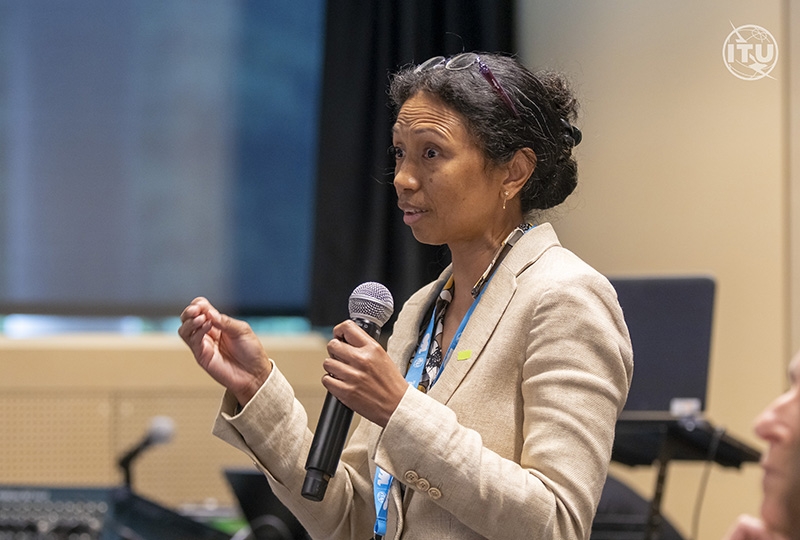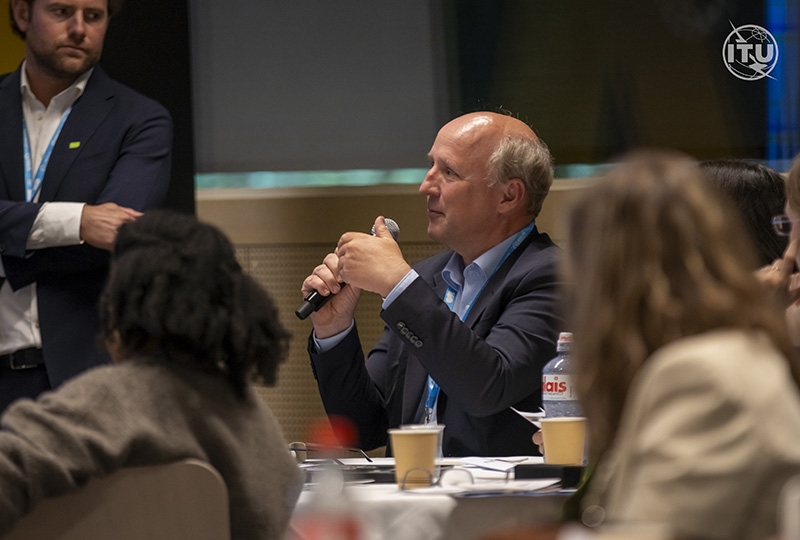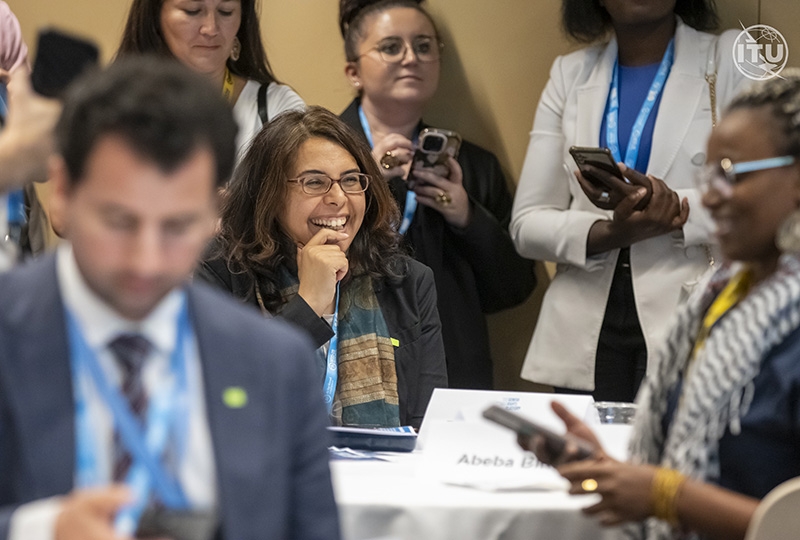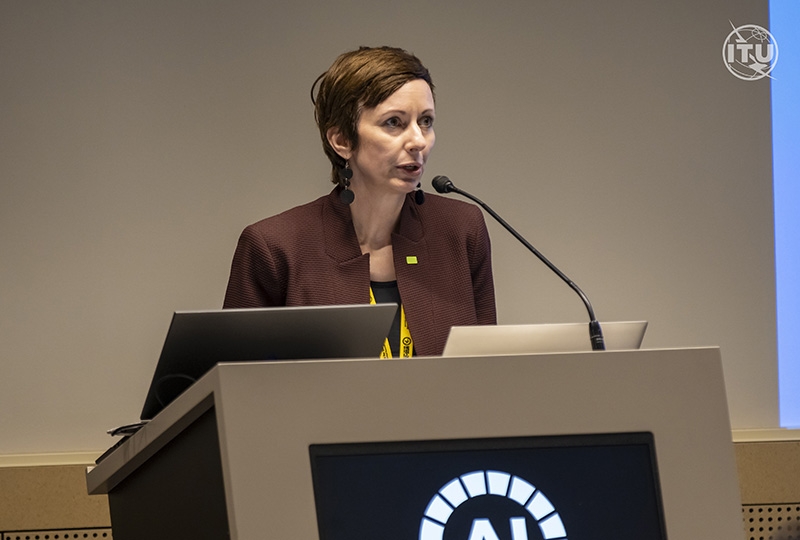Human Oversight and Collective Responsibility
The practical activities reinforced a central message: AI can be a useful tool, but only if human oversight, ethical reflection, and inclusive design remain at the core. From tracking human rights recommendations to building early-stage prototypes, the workshop demonstrated that human rights monitoring cannot be outsourced to machines.
As echoed throughout the session, integrating AI into this space is not just about innovation, it's about ensuring that any such innovation remains grounded in justice, accountability, and community ownership.
A Platform for Continued Dialogue
This workshop forms part of GHRP’s ongoing commitment to fostering interdisciplinary collaboration on digital human rights tracking tools and databases, as captured in our growing Directory and expert roundtables. It also builds on a series of preparatory online exchanges with OHCHR, HURIDOCS, ETH Zurich, and the University of Poznań, aimed at cultivating a shared vocabulary and joint reflections between the human rights and AI communities.
As a next step, the conversation will continue at the Latsis Symposium 2025 at ETH Zurich, where the GHRP and partners will co-host a dedicated panel and technical workshop on AI and Human Rights: Promises and Pitfalls. The GHRP also plans to launch a training course on AI for human rights professionals later this year, building on the insights from the workshop and offering targeted capacity-building for those working at the intersection of rights and technology.
A full reflection on the July workshop will also be featured in an upcoming AI for Good blog post, co-authored by the Geneva Human Rights Platform and its partners — capturing the lessons learned and key takeaways from this unique interdisciplinary dialogue.
'This gave me a new perspective, not just on what AI can do, but what it should do,' noted one participant — a reminder of the importance of collective reflection in shaping ethical, rights-based AI systems.


